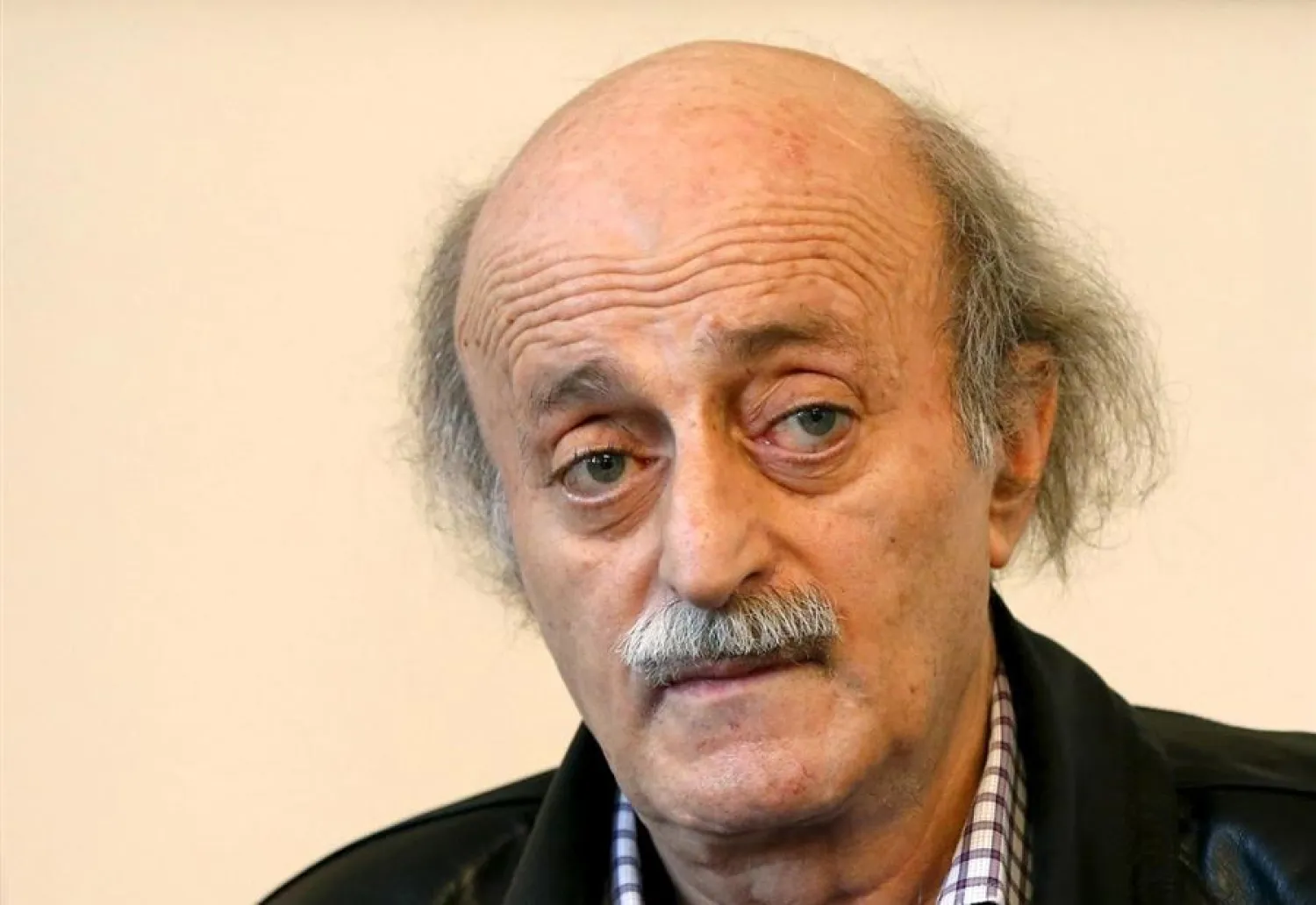Lebanon needs a new prime minister to help it exit a deep economic and financial crisis, Progressive Socialist Party leader Walid Jumblatt said in an interview published on Wednesday.
The veteran Druze power broker said replacing Hassan Diab "should seriously be considered because he has amnesia," according to comments to local daily L'Orient-Le Jour that were confirmed by his office.
The newspaper said Jumblatt was referring to remarks by Diab on Tuesday in which he appeared to criticize French Foreign Minister Jean-Yves Le Drian for linking assistance to Lebanon with enacting of reforms and an IMF deal. Le Drian visited Beirut last week.
"It is high time the sponsors of the government realize the gravity of the situation their protege (Diab) has put us in," Jumblatt said.
Lebanon desperately needs aid as it wrestles with a financial meltdown rooted in decades of state corruption and waste, in its worst crisis since a 1975-90 civil war. It entered negotiations with the International Monetary Fund in May after defaulting on its foreign currency debt.
Jumblatt's party is not represented in Diab's cabinet that was formed in January.
The state news agency quoted Diab as telling a cabinet meeting that Le Drian's warning and "lack of information" about government reforms indicated an "international decision not to assist Lebanon". Diab has deleted a tweet stating the same.
The IMF talks have stalled in the absence of reforms and amid differences between the government and banks over the scale of Lebanon's financial losses.
The finance ministry said in a statement on Wednesday that the IMF dialogue was "ongoing and constructive", and the government remained commitment to constructive engagement over its debt restructuring.









